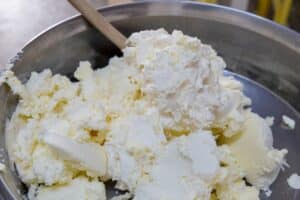Malt vinegar is a staple of fish and chips, vinegarettes, and many other dishes. It’s a double fermented vinegar made from brewed barley with a mere 0.1mg of sodium and 0.1mg of potassium per 1tsp but packs a tangy, punchy flavor.
While it’s pretty easy to find at your local grocery store, you may find yourself needing a substitute because you ran out and need it on short notice, need a gluten-free alternative, or simply don’t like the taste.
The best malt vinegar substitutes are apple cider vinegar, balsamic vinegar, lemon juice, white vinegar, and red wine vinegar.
On this list, we’ve included items that are near matches and ones that are similar in consistency and use but have a different flavor, just to cover all the bases.

Top 5 Malt Vinegar Replacements
1. Apple Cider Vinegar
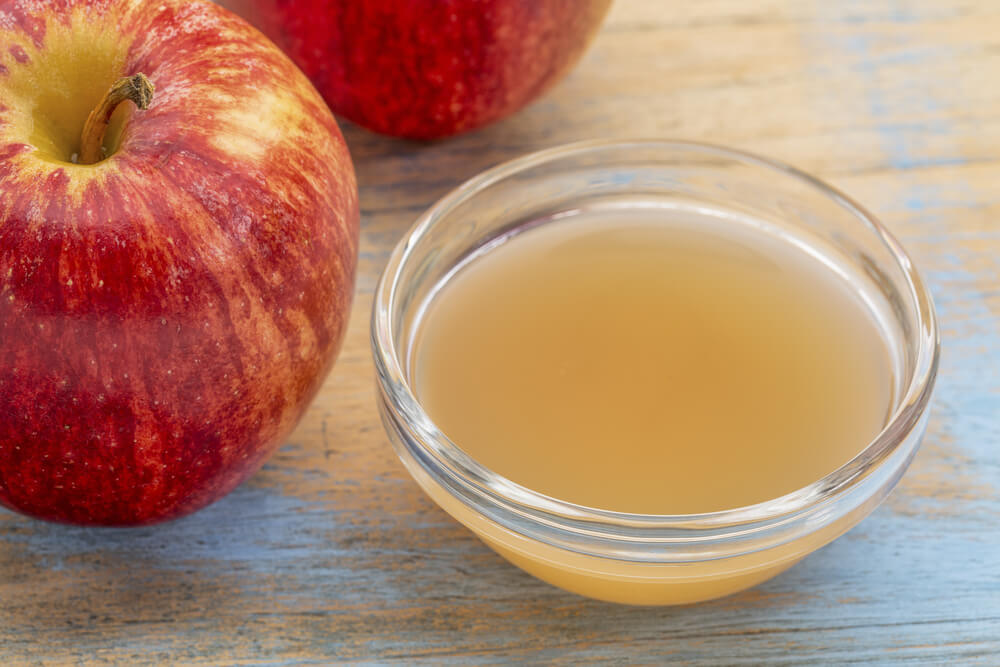
Apple cider vinegar, or just apple vinegar, has become an extremely popular health food over the last few years.
It is revered for its health benefits and gets cited as a sure-fire weight loss trick often. Let’s take a close look at apple vinegar and see just why it makes such a good malt vinegar substitute.
Apple vinegar uses a base of fermented apples. The process starts by crushing apples and covering them in water. They are then left to ferment. The natural sugars in the apples break down and form ethanol which later turns into acetic acid.
The final result is a mild vinegar that has a slight apple cider taste. It only has 0.3mg of sodium and 3.7mg of potassium per teaspoon.
Apple cider vinegar is a common ingredient in chutneys, salad dressings, marinades, and pickling. It doesn’t contain any grains and is gluten-free. It also has virtually no calories.
While there are very few scientific studies that can back the claims, apple vinegar is thought to reduce obesity, improve blood sugar and insulin levels, and reduce the risk of certain cancers.
Keep in mind there is little scientific backing to these claims, and the craze around apple cider vinegar has more to do with fad dieting than research.
Drinking copious amounts of apple cider vinegar or drinking it straight can cause throat and stomach irritation, damage your throat and stomach lining, and cause heartburn.
Regarding malt vinegar, apple vinegar is probably the most similar tasting. It is sour and tart like most vinegar but has the same subtle sweetness and a more gentle flavor than other vinegar. You can substitute apple vinegar for malt in a one-to-one ratio. It is easy to find at any grocery store and is a perfect malt vinegar substitute for fish and chips.
2. Balsamic Vinegar
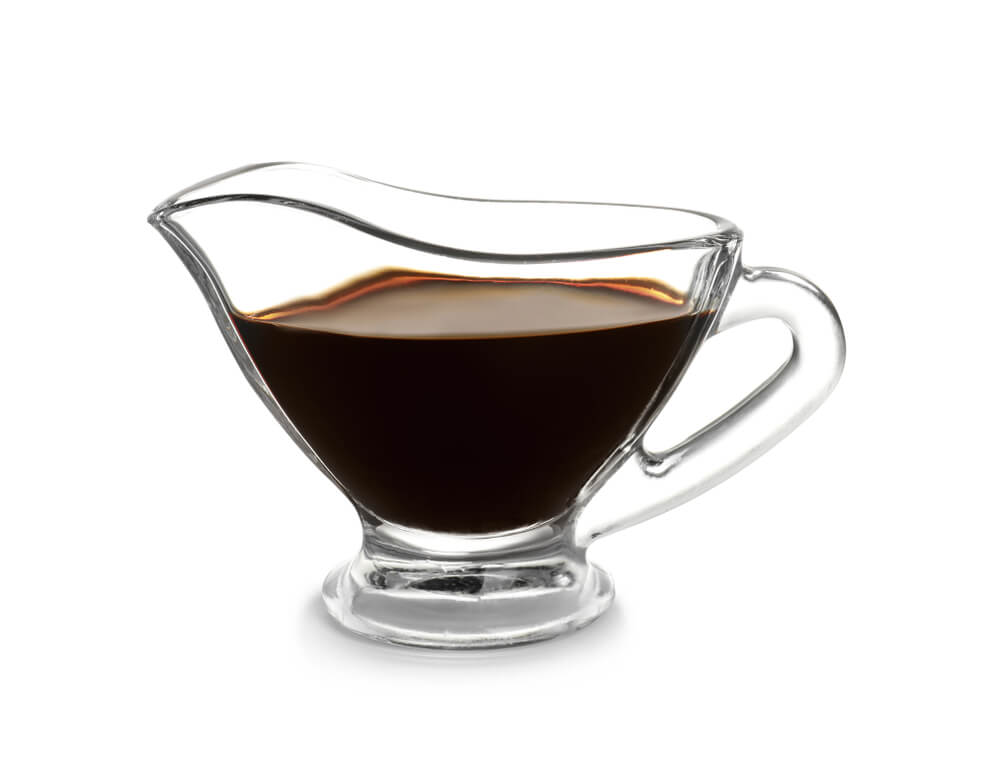
If you’re looking for something more flavourful than malt vinegar, then balsamic is the best choice. Balsamic vinegar is an Italian vinegar that’s made by crushing up whole grapes on the stem.
The mash of stems, seeds, grapes, and skins gets squeezed, and the liquid is strained. It is then boiled for many hours before being put into barrels to ferment. Balsamic vinegar needs a minimum of two months to ferment and a minimum of three years to be considered an aged vinegar.
Balsamic vinegar is unique as it is sweet and rich. The longer it is aged, the thicker and sweeter it gets. It can be made using seven varieties of grapes and has a long, aerated aging process. It’s more akin to wine in many ways than vinegar.
Nutritionally, balsamic vinegar has a lot more substance to it than any others. In one teaspoon it contains 1.2mg of sodium, 5.9mg of potassium, 0.9g of carbohydrates, and 0.8g of sugar. It is darker and thicker than other vinegar and boasts a considerably deeper and richer flavor.
As with all vinegar and fermented foods, balsamic vinegar has several health benefits. It helps with digestion, lowers cholesterol, enhances circulation, is diabetes-friendly, can help with weight loss, improves skin, and can help with hypertension.
As with drinking straight apple cider vinegar, drinking balsamic vinegar can irritate your throat, cause heartburn, and even damage your stomach lining.
Balsamic vinegar pairs well with fish and chips, salads, marinades, steaks, chicken, and even ice cream and fruit if you buy the sweeter, more aged varieties. It is also suitable for cooking and can reduce to a glaze.
You can find affordable balsamic at your local store or try craft sellers for more decadent and more aged variants. You can use cheaper balsamic one-to-one with malt and thicker balsamic in smaller portions.
3. Lemon Juice
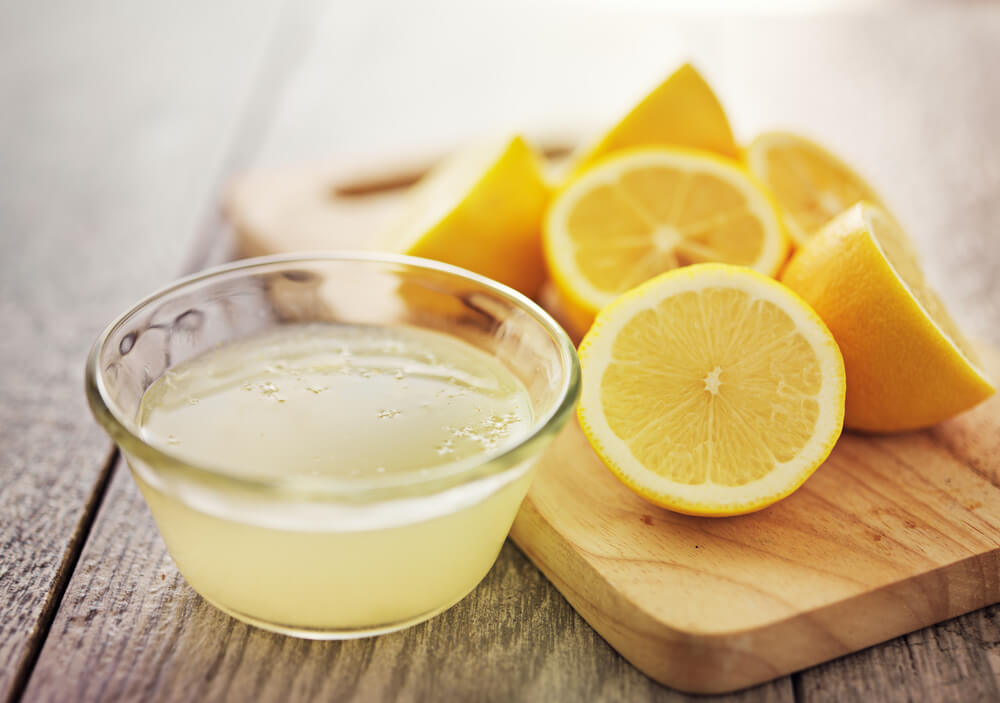
Lemon juice is one of the most versatile ingredients. It can be a condiment, used in sweet and savory dishes, cooking, baking, or finished meals.
Lemon possesses the same sourness as malt vinegar but far less tartness. It is sweet and airier with a fresh and citrusy taste. While it may not be all that close to vinegar, it works in many of the same dishes. If you’re looking for a malt vinegar substitute for fish and chips, then the chances are you already put lemon juice on the fish.
In one teaspoon of lemon juice, there is 0.1mg of sodium, 5.2mg of potassium, 0.4g of carbohydrates, and 0.1g of sugar. There is also a lot of vitamin C in lemon juice.
Lemon juice is antibacterial, lowers blood pressure, can help prevent and treat certain cancers, and is a fantastic source of vitamin C which will help boost immunity. As lemon juice is quite acidic, drinking in excess can cause sores in the mouth, damage taste buds, and erode tooth enamel.
Lemon juice is super easy to find at any store and works as a wonderful salad dressing, over meat or vegetable dishes, in desserts, and drinks. Use it as a one-to-one replacement for malt vinegar or less as the flavor can be exceptionally strong.
4. White Vinegar
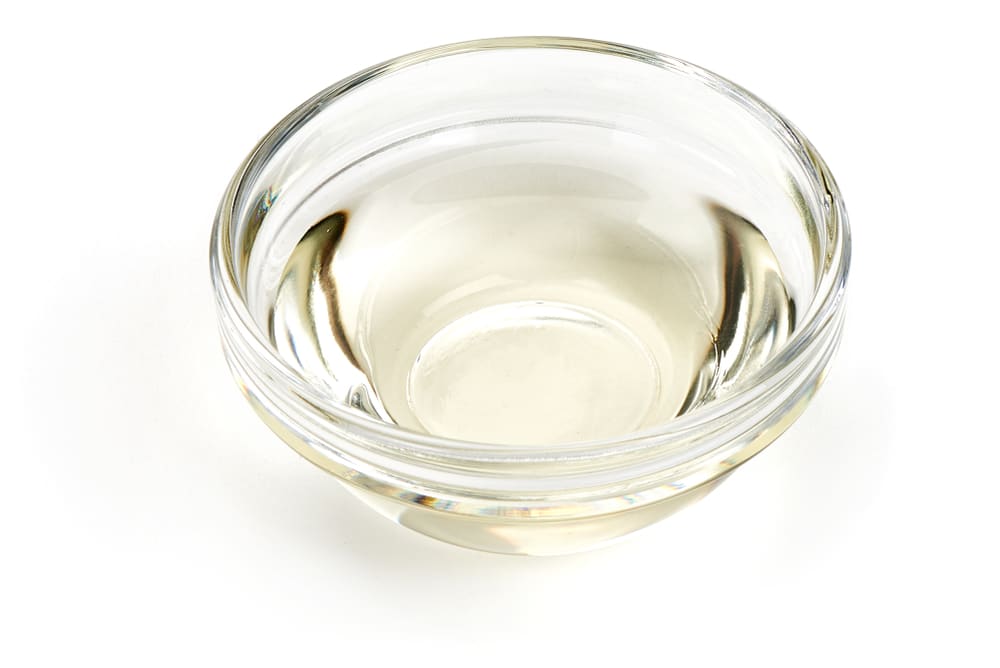
White vinegar is an easy substitute for malt vinegar as it is often served side by side in restaurants. It is about 10% acetic acid and 90% water. You may love it for its taste, versatility, or cleaning abilities.
It’s a staple in many dishes and is often used to pickle foods, cook rice, bake, make dressings, icing, and more.
The taste is sharper than malt vinegar but has less flavor overall. It can be used in anything that malt vinegar can be used for and more. White vinegar is the most versatile vinegar.
White vinegar has virtually no nutritional value with only 0.1mg of sodium and 0.1mg of potassium per 1tsp. Like other vinegar, white vinegar is antibacterial, antimicrobial, reduces cholesterol, controls blood sugar levels, and may contribute to weight loss.
You can use white vinegar in the same proportions as you would malt vinegar. Unlike other vinegar, you can buy white vinegar by the bottle or in bulk. The large jugs are best as you can separate the vinegar into several containers and have some for cooking and some for cleaning at the ready.
5. Red Wine Vinegar
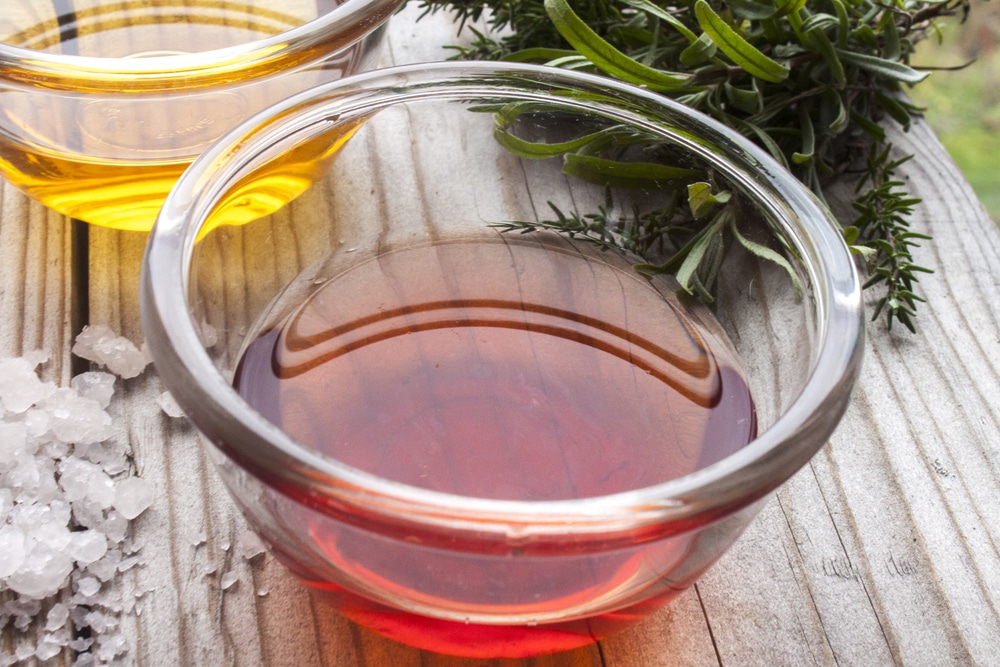
Red wine vinegar is an often forgotten vinegar that is worth checking out. It is a staple in Mediterranean cooking and has uses in vinegarettes, marinades, pickling, and more.
Red wine vinegar has a more complicated fermentation process than other vinegar does. To make red wine vinegar, you start by fermenting red grapes as you would to make red wine.
Once the grapes are fermented to the consistency and taste of red wine, then a second fermentation process begins.
If you leave red wine as it is, it will continue to ferment for a while but won’t sour and turn the ethanol into acetic acid like other vinegar. In the second fermentation, makers add what is referred to as a “mother” to start the process.
The mother is a live starter biofilm of acetic acid and cellulose. It helps to start the fermentation process like yeast in bread making.
The second fermentation is done when the remaining alcohol levels are at 2% or lower. The final result is a distinctly tangy vinegar with a deep red hue. It has virtually no nutritional value aside from a nearly negligible amount of potassium.
The intensity of flavor of red wine vinegar is very similar to malt vinegar, but it retains many of its wine-like qualities. It is one of the harder kinds of vinegar to find in regular grocery stores, and you may need to turn to artisanal sellers or Mediterranean grocers to find it.
Red wine vinegar can be substituted one to one for malt vinegar.




